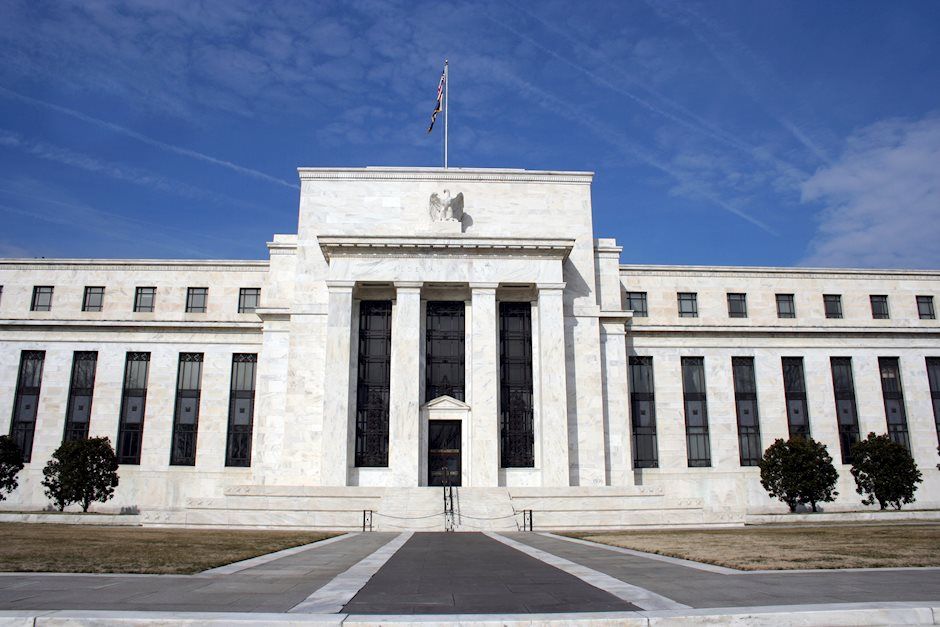Week Ahead: Fed set to disappoint Trump with 25bp cut

The week ahead features more central bank meetings, with the Fed, BoJ, SNB and BoE all set to decide on the direction of their respective monetary policies. In addition, we will have a handful of market-moving macro pointers from the likes of Australia and New Zealand. But the early part of the week will be dominated by the aftershocks of the ECB’s policy decision from Thursday and fresh data from China. Here are the week’s data highlights:
- Monday: Chinese industrial production, fixed asset investment and retail sales
- Tuesday: German ZEW economic sentiment and US industrial production, among a handful of other second tier data
- Wednesday: UK and Canada CPI; FOMC and NZ GDP (early Thursday morning NZ time)
- Thursday: Australian employment; BoJ; SNB and BoE rate decisions.
- Friday: Canadian retail sales
Clearly, most of the attention will be on the Federal Reserve next week. A 25-basis point rate cut is widely expected, and it would be a major shock if the Fed doesn’t deliver. But some, including Donald Trump, want more than just 25 basis points. In fact, the US President has called for “boneheads” Fed to cut rates to zero or lower in a tweet this week. Understandably, with US data not deteriorating as badly as, say, Germany, the Fed is reluctant to cut aggressively and rightly so. The risk therefore is that the Fed refuses to provide a dovish outlook for interest rates. In this potential scenario, a rate cut might only weigh on the dollar momentarily. With most other major central banks already being or turning dovish, the Fed will also need to be super dovish for the dollar to end its bullish trend. Otherwise, the greenback may find renewed bullish momentum, even if the Fed cuts by 25 basis points.
As far as the other central banks are concerned, well we don’t expect too much market reaction from their actions – or lack thereof. That being said, it will be interesting to see what – if anything – the Swiss National Bank will have to say about the European Central Bank’s decision to resume bond buying, given the recent appreciation of the franc against the shared currency. The Bank of Japan, on the other hand, is unlikely to respond to the ECB’s resumption of bond buying. We think it will keep the current policy of controlling the yield curve. For one, the global economy hasn’t deteriorated too significantly to exacerbate deflationary pressures in the export-oriented Japanese economy. For another, the there’s only limited number of policy options left at the BoJ's disposal. Thus, cutting short-term interest rates further into the negative – as some have suggested – may be an option, but to be used on another occasion. Finally, the Bank of England is likely to retain its status as one of the most boring central banks out there on Thursday. Don’t expect anything – you will be disappointed. Reason? UK data has been not bad enough to warrant a cut, and inflation has not been high enough to warrant a hike.
Author

Fawad Razaqzada
TradingCandles.com
Experience Fawad is an experienced analyst and economist having been involved in the financial markets since 2010 working for leading global FX, CFD and Spread Betting brokerages, most recently at FOREX.com and City Index.

















